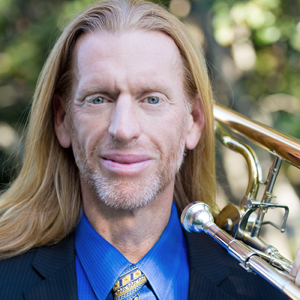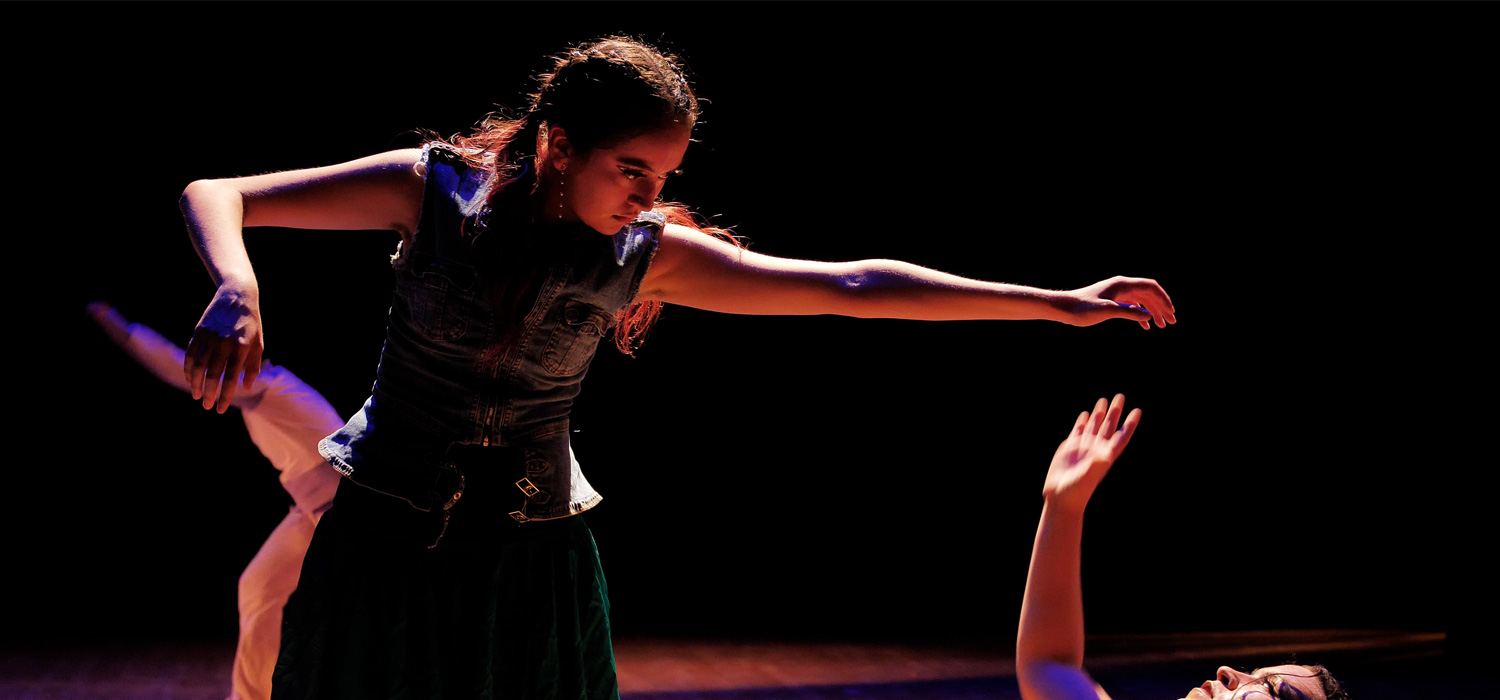
Music Entrepreneurship and Business
About the Program
The first of its kind in the U.S., our program offers all artistically qualified students a platform to develop their musical talents while also developing practical skills. Whether a student’s background and interests are in classical music, jazz studies or composition, this degree provides coursework and experiential learning in the “how to’s” of translating one’s artistic talents into the confident pursuit of meaningful and life-long opportunities using music as the basis.
Additional Resources

- Applied Musicianship
Students will develop advanced professional competency in applied musicianship through written music theory, musical analysis, conducting, singing, and piano skills. - Aural Perception
Students will display deep proficiency in aural musicianship skills including the ability to transcribe melodies, transcribe rhythms, transcribe harmonic progressions, and to demonstrate proficiency in singing musical examples, patterns, and rhythms of advanced difficulty. - Music Technology
Students will apply, and demonstrate proficiency in current and emerging technologies used in the process of creating, analyzing, performing, and reproducing music and in reviewing or carrying out music research. - Music Literacy and Critical Thinking
Students will gain literacy and critical thinking skills by examining music literature and music research through performing, reading, researching, writing, listening, speaking, and reasoning about music. Critical thinking comprises the integration of historical and theoretical domains to identify and to solve problems within and beyond the discipline of music. - Historical and Cultural Foundations
Students will develop the capacity to situate contemporary musical experiences by interpreting a broad range of musical styles and practices from different historical eras and cultural traditions. - Performance and Creativity
Students on a performance track will perform on a primary instrument and will exemplify a high level of competence, both artistically and creatively. A similar level of artistry and creativity extends to those pursuing one of the non-performance tracks (e.g., the creation of music through our Global Composition track or other skills associated with one of our Professional Studies specializations). - Musical Leadership and Community Engagement
Students will exemplify musical competency through rehearsing and conducting SDSU ensembles, community ensembles, or public-school ensembles. Students will employ musical leadership in their participation in music organizations and through performances organized to engage the community. - Pedagogy
Students will assemble knowledge of curriculum development while also developing oral and written communication skills in order to effectively disseminate information, in a classroom setting, through various methodologies. - Synthesis
By the conclusion of undergraduate study in music, students will be able to solve musical problems by combining their capabilities associated with the learning outcomes enumerated above as appropriate to their respective area(s) of emphasis. - General Skills
All music students will hone the ability to collaborate effectively to engage in real-world problems, including academic, personal, and artistic matters. They will become independent learners, capable of accepting validation as a result of successful efforts while maintaining resilience in the face of challenges.
Who is eligible?
Any undergraduate student who is admitted to a music major on the basis of an audition and is academically qualified for admission to SDSU may pursue the major.
What if I’m not a musician, can I still pursue the degree?
This program was developed for musicians and is a rigorous professional music degree. Only students who are music majors may pursue the program.
What kind of classes outside of music will I be taking?
The degree has been developed in partnership with the Fowler College of Business. These classes include 15 units of courses that will teach you how to identify opportunities, develop a vision for a venture, how to’s about funding, marketing and other electives that you will choose to meet your specific interests and needs.
How many units are required?
This is a professional BM degree comprised of 132 units. 72 are in music coursework. We have developed the degree to include courses that also meet General Education requirements and that are pertinent to the type of background we believe will be beneficial for students in their careers. Some examples of these non-music courses include Social Media in the Digital Age, Economics, Theater Management and Events Planning.
Are there internship requirements?
Yes, all students in this major will complete several internship experiences. These may include non-profit organizations and/or for profit businesses. On campus internships may also be available.
Will I receive private lessons in my performance area?
Yes, all students admitted to the program will receive weekly lessons in their applied area.
What kinds of music classes will I be taking?
All music majors take core classes in music theory, music history, aural skills and applied music (lessons, ensembles etc.) This degree enables students to take elective units at both the lower and upper division to round out their specific interests. For example, if you are a jazz pianist, you can elect to take the jazz theory/arranging courses. If you are a composer, you might want to take the electroacoustic composition course sequence. If you are a singer, then you could elect to take diction, vocal pedagogy classes or additional ensemble experiences such as opera. The same is true for woodwind, brass, keyboard, percussion and stringed instrumental musicians. In addition the curriculum offers courses in professional music practices and community performance practicum.
Is the major impacted? What does that mean for me?
Yes, this is an impacted major. All students in this major are required to have completed 60 units with a g.p.a. of 2.9 or better, earned a C or better in Accounting 201 and Music 205B before being permitted to enroll in upper division courses in the major.

